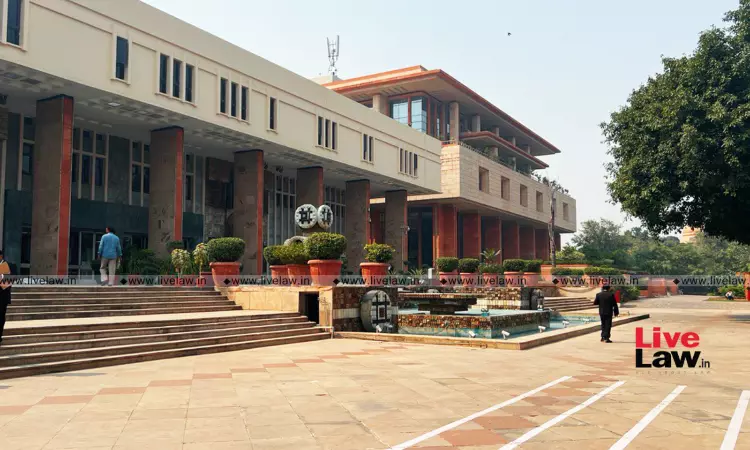Principle Of No Work No Pay Not Applicable If Order Of Termination Illegal: Delhi High Court
Udai Yashvir Singh
3 Jun 2024 3:15 PM IST

Next Story
3 Jun 2024 3:15 PM IST
A single judge bench of the Delhi High Court comprising of Justice Tushar Rao Gedela in the case of Manisha Sharma Vs Vidya Bhawan Girls Senior Secondary School & Anr has held that an employee is entitled to backwages if order of termination was illegal and the principle of no work no pay is not applicable in such cases. Background Facts Manisha Sharma (Petitioner) was appointed...
